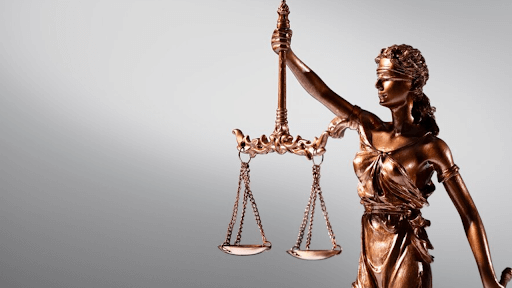When it comes to personal injury cases, determining fault is a crucial aspect. However, what happens when multiple parties share the blame for an accident or incident?
In such cases, the concept of shared fault comes into play, and it can significantly impact your ability to seek compensation. Understanding how shared fault works and its implications is essential for anyone involved in a personal injury case.
In this guide, we will delve into the intricacies of shared fault and explain how it can affect your chances of seeking compensation in Massachusetts.
If you find yourself in a personal injury situation, it is advisable to consult with a qualified Massachusetts personal injury attorney who can guide you through the legal complexities and protect your rights.
I. What is Shared Fault?
Shared fault, also known as comparative negligence, refers to a legal doctrine that allocates fault or responsibility for an accident or injury among multiple parties involved. It recognizes that more than one party may have contributed to the incident and divides liability accordingly. Each party involved is assigned a percentage of fault based on their contribution to the accident.
II. Impact on Compensation
A. Pure Comparative Negligence
The principle of pure comparative negligence states that you may be entitled to compensation even if you are partially at fault for the accident. However, the amount of compensation you receive will be reduced based on the percentage of fault assigned to you. For example, if you are found 20% responsible for the accident and the total compensation is $100,000, your award would be reduced to $80,000. States with pure comparitive negligence allow the plaintiff to seek comensation regardless of their percentage of fault.
B. Modified Comparative Negligence
Some states, including Massachusetts, follow a modified comparative negligence rule, which restricts the ability to seek compensation if the plaintiff’s fault exceeds a certain threshold. In Massachusetts, this threshold is refered to as the 51% rule. According to this rule, you can seek compensation as long as your fault is less than 51%. If your fault is 51% or more, you will be barred from recovering any damages.
III. Determining Shared Fault
A. Investigation and Evidence
Establishing shared fault requires a thorough investigation of the accident scene, gathering witness statements, and examining medical records and other evidence. A skilled Massachusetts personal injury attorney will assist you in collecting and presenting evidence to support your claim and minimize your assigned fault percentage.
B. Negotiation and Litigation
During settlement negotiations or trial proceedings, the parties involved will present their arguments and evidence regarding the allocation of fault. Having a knowledgeable attorney by your side is crucial to argue your case and protect your rights effectively.
IV. Importance of Legal Representation
Seeking compensation in personal injury cases involving shared fault can be complex and challenging. Hiring an experienced Massachusetts personal injury attorney can provide several advantages:
A. Legal Expertise
A skilled attorney specializing in personal injury cases will possess in-depth knowledge of the law and relevant precedents. They will guide you through the legal process, assess the strength of your case, and advise you on the best course of action.
B. Thorough Investigation
An attorney will conduct a comprehensive investigation, gather evidence, interview witnesses, and consult with experts to build a strong case on your behalf. They will ensure that all relevant facts and factors contributing to the accident are considered.
C. Negotiation and Settlement
A seasoned attorney will engage in negotiations with insurance companies or the opposing party’s legal representation. They will fight to protect your interests, advocate for fair compensation, and work towards a favorable settlement.
D. Court Representation
If your case proceeds to trial, an attorney will represent you in court, presenting compelling arguments and evidence to support your claim. They will handle all legal procedures, cross-examine witnesses, and present your case persuasively.
Conclusion
Shared fault can significantly impact your ability to seek compensation in personal injury cases. Understanding how the concept of shared fault works and its implications is crucial for protecting your rights.
If you find yourself in a personal injury situation, it is advisable to seek the assistance of a skilled Massachusetts personal injury attorney. They will navigate the legal complexities, fight for your rights, and strive to obtain the compensation you deserve, taking into account the shared fault aspect of your case.
Remember, consulting with an attorney early on can greatly enhance your chances of a successful outcome.








